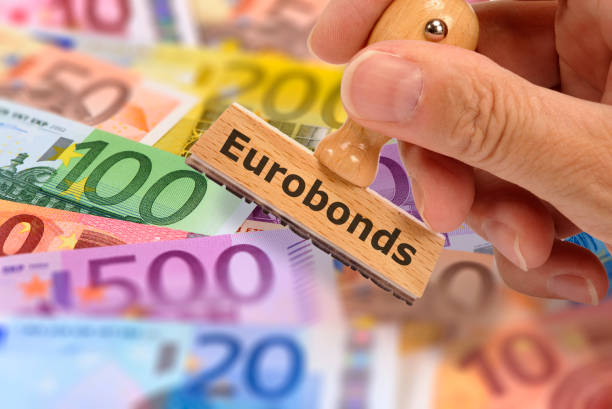Nigeria’s eurobond prices rebound in fresh week
Nigeria’s Eurobonds, which ended last week in red with the exception of one, all rebounded on Monday. All of them gained in price, with the September 2033 and January 2047 notes leading the pack, each recording an increase of $2.75, to close at $67.50 and $63.50, respectively, with yields of 13.04 per cent and 12.38%. Nigeria’s […]

Nigeria’s Eurobonds, which ended last week in red with the exception of one, all rebounded on Monday. All of them gained in price, with the September 2033 and January 2047 notes leading the pack, each recording an increase of $2.75, to close at $67.50 and $63.50, respectively, with yields of 13.04 per cent and 12.38%.
Nigeria’s four other Eurobonds due in January 2031, February 2032, February 2038, and September 2051 each gained $2.375.
Ghana’s Eurobonds, which recorded historically low prices and high yields, ended last week with price gains as they began their reduction in yields.
DMO issues 2 savings bonds with high interest yields
NCC targets more after earning N220bn from 5G auction
On Monday, Ghana’s Eurobonds sustained their gaining streak, with the country’s March 2027 note leading the gainers with a $2.375 rise to close at $42.50 and a yield of 40.51 percent. Three others gained $1.5 each.
Ghana has been in talks with the International Monetary Fund for a lending programme bailout to help the country remedy its balance of payments deficit that stood at $934.5 million in the first quarter of 2022, before climbing to about $2.5 billion in June, and debt that reached as high as about 78% of GDP.
Ghana’s macroeconomic challenges triggered a selloff on its Eurobonds, which forced a fall in price while yields spiked. Bond yields, which represent the rate of compensation that investors are demanding for them to hold the instrument, rose as high as 47 percent for some of Ghana’s Eurobonds.
Bloomberg had reported on Nigeria’s rising Eurobond yields, blaming the phenomenon the decision by the Vetiva Capital Market Limited in a notice, noted that the Nigerian 5-Year and 10-year Eurobond yields have risen 8.05ppts and 6.73ppts YTD to trade at 14.46% and 14.73% respectively, reflecting the magnitude of the risk-off sentiment towards Nigeria’s Eurobonds amid a tightening yield environment.
“For Nigerian Eurobonds, we see limited opportunities for a reversal in fortunes, as we expect the selloffs witnessed this year to persist over the final months of 2022. As such, we foresee further yield advances, as sell-side momentum continues to dominate the Eurobonds market,” story said.
